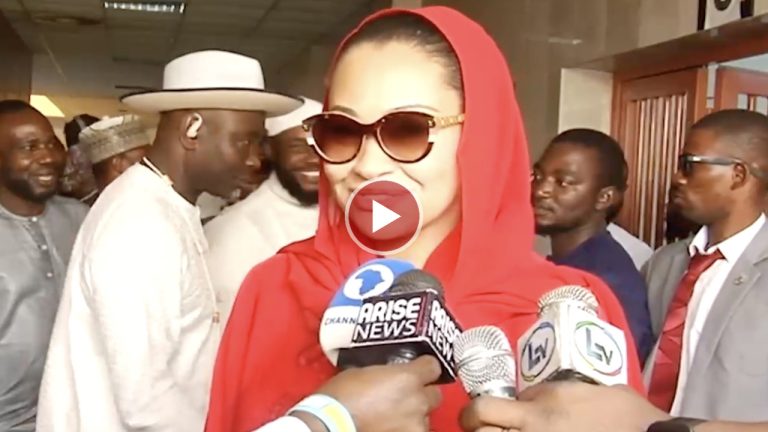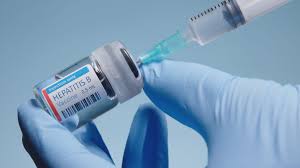
The National Orientation Agency (NOA) has confirmed that the Federal Government’s ongoing intervention for Micro, Small, and Medium Enterprises (MSMEs) is strategically designed to address structural gaps, provide direct financial support, and strengthen the nearly 40 million small businesses powering Nigeria’s economy.
In a detailed explainer released on October 17, the agency highlighted several initiatives launched under the administration of President Bola Ahmed Tinubu, including a ₦200 billion intervention fund announced earlier in February 2024.
The interventions are aimed at boosting productivity, stimulating job creation, and helping businesses recover from economic headwinds that have seen MSMEs decline from 41.5 million in 2017 to 39.7 million by the end of 2021.
“The Tinubu administration conceived and deployed several initiatives to ensure that small businesses not only survive but also thrive and add value to the economy,” the agency said.
Three Phases of Intervention
The NOA said the ₦200 billion intervention was divided into three major phases:
- Presidential Conditional Grant Scheme (PCGS)
- ₦50 billion was disbursed to 1 million nano-businesses across Nigeria’s 774 local government areas.
- Each beneficiary received ₦50,000.
- Focus was placed on women, youth, and micro-enterprises.
- No repayment was required.
- Managed by the Bank of Industry (BOI), with a mandate to support formalisation and job creation.
- MSME Intervention Fund
- ₦75 billion was earmarked to support 75,000 small businesses.
- Each enterprise could access up to ₦1 million at a 9% interest rate, with no collateral required.
- Manufacturing Sector Fund
- Another ₦75 billion went to 75 manufacturers, each receiving ₦1 billion at 9% interest.
- Aimed at supporting medium and large-scale manufacturers to ramp up production capacity.
MSME Formalisation Drive and Expanded Access
As part of efforts to improve access and streamline regulatory frameworks, the Corporate Affairs Commission (CAC) and Moniepoint Microfinance Bank were tasked with registering two million businesses, especially manufacturers, to help bring them into the formal economy.
The NOA also noted that loan access limits for MSMEs have been increased to ₦5 million, still at the 9% interest rate benchmark.
In another boost, ₦250,000 grants were awarded to standout MSMEs during the 7th Expanded National MSME Clinics in Akure, Ondo State, as announced by Vice President Kashim Shettima.
“The federal government is backing small businesses because they contribute over 45% of the country’s GDP and employ more than **60 million Nigerians,” Shettima said during the clinic.
BOI’s Expanding Role in MSME Financing
The Bank of Industry has been pivotal in the rollout of the MSME support schemes. According to the NOA:
- BOI disbursed ₦1.3 trillion to MSMEs since inception.
- In 2024 alone, it released ₦107 billion to 1.5 million MSMEs, with plans to raise the figure to ₦120 billion by year-end.
- Loan offerings come with a 3-year repayment window, and can be accessed directly without intermediaries.
BOI is also working with partners like the African Guarantee Fund to support women-owned businesses, green enterprises, and underserved sectors.
Tax Relief, De-risking Loans
As part of broader support efforts, President Tinubu’s administration also signed tax reform bills exempting small businesses from paying profit tax, specifically those with:
- Annual turnover below ₦100 million
- Fixed assets not exceeding ₦250 million
This policy is estimated to benefit over 90% of businesses operating in Nigeria.
To further lower barriers to credit, the federal government launched a Derisking Fund in May 2025, designed to help MSMEs access loans at reduced interest rates, particularly in light of high commercial lending rates in the current market.


